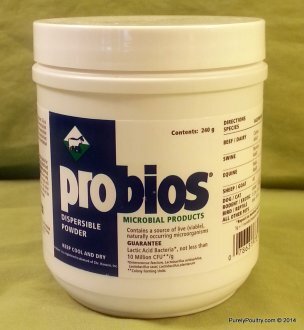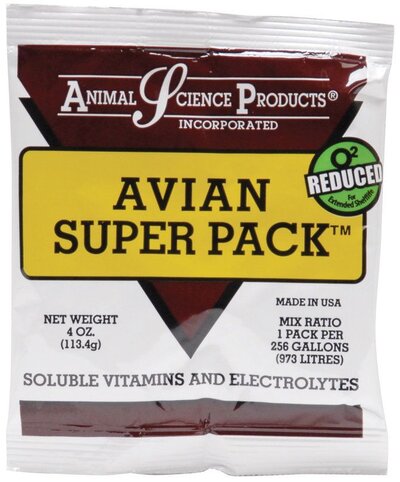Sero
In the Brooder
- Oct 6, 2023
- 13
- 3
- 19
I know my rooster has some type of pox and i heard you can treat it with iodine...its been 2 weeks and i dont even know if its helping at this point. More bumps just keep appearing.
Theres also a bump thats starting to develop on his eyelid. I dont know how to manage those so if anyone has any suggestions please say.






